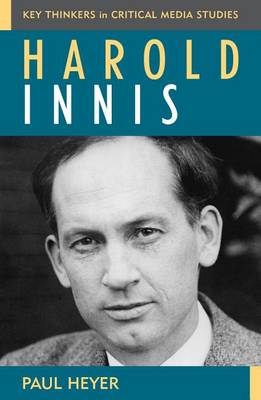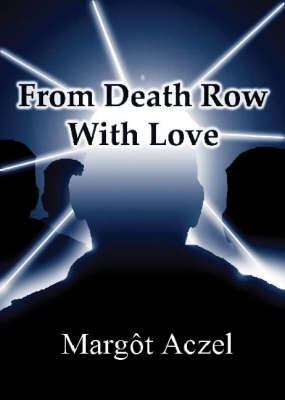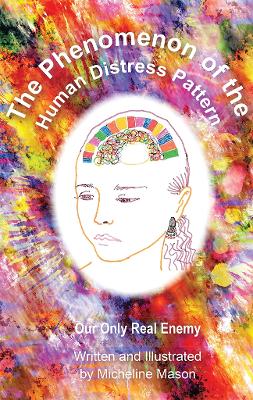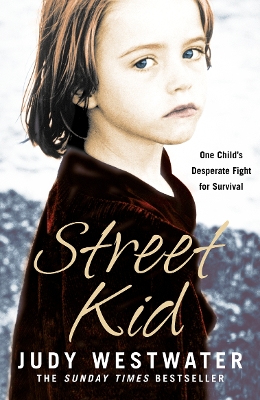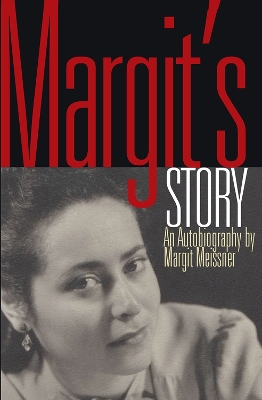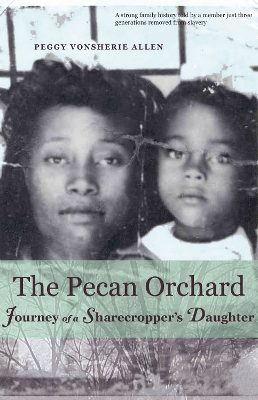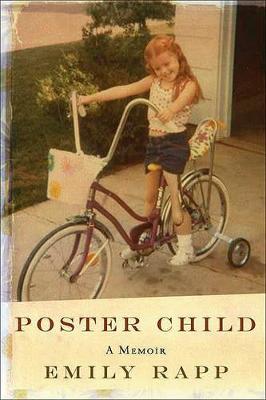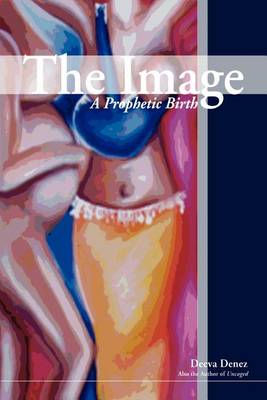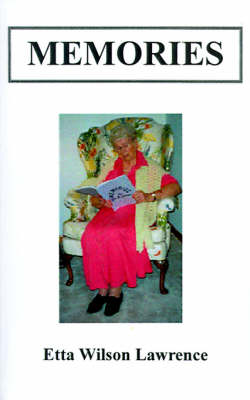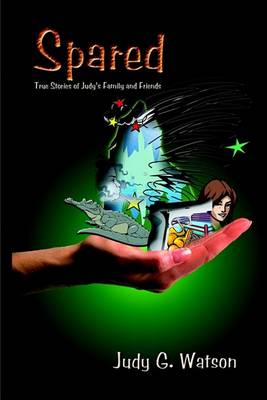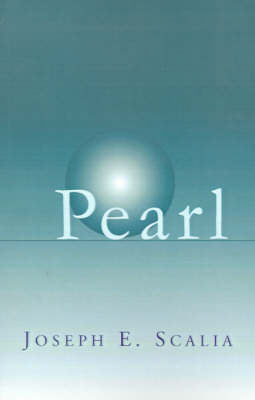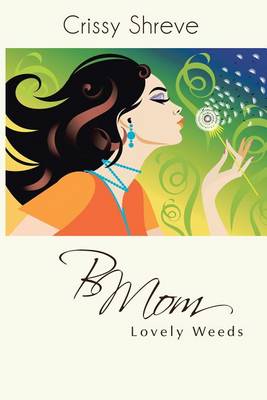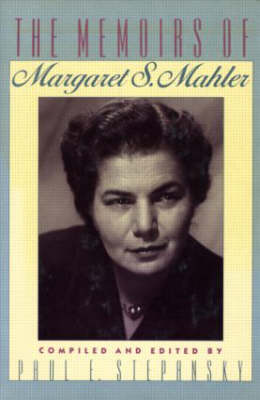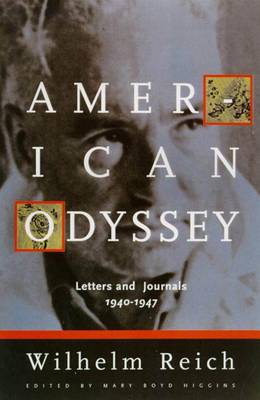Harold Innis (Critical Media Studies: Institutions, Politics, and Culture)
by Paul Heyer
His name may not be as well known as that of his colleague and spiritual descendent, Marshall McLuhan, but Harold Innis's (1894-1952) influence on contemporary critical media and communication studies has been no less profound. This concise look at Innis's life and contributions to the communication field charts his beginnings in political economy to his later work in critical media studies and communications history, synthesizing his key publications and clearly showing their ongoing resonance...
John Peel first brought Judy's moving childhood story to light on ‘Home Truths’. Abducted by her psychotic spiritualist father and kept like a dog in the backyard, she went on to suffer at the brutal hands of nuns in a Manchester orphanage, before living wild on the streets. An incredible, heart-wrenching story of a child who refused to give up. After a childhood lived in terror, in 1994 Judy was presented with an Unsung Heroes Award for her charity work with street children in South A...
Engrossing autobiography of a remarkable woman born into the assimilated Jewish upper-class in pre-World War II Austria. After a hair-raising escape from the Nazis, she came penniless to the United States. Beginning as a dress finisher, her varied career took her to Hollywood, the Nuremberg War Crimes Trials, the American consulates in Budapest, Hungary and Alexandria, Egypt, and the United Nations in Argentina. She eventually settled in the Washington, DC suburbs where she worked for 20 years f...
This is a true story of the struggle, survival, and ultimate success of a large black family in south Alabama who, in the middle decades of the 20th century, lifted themselves out of poverty to achieve the American dream of property ownership. Descended from slaves and sharecroppers in the Black Belt region, this family of hard-working parents and their thirteen children is mentored by its matriarch, Moa, the author's beloved great grandmother, who passes on to the family, along with other cultu...
Emily Rapp was born with a birth defect that required, at the age of four, that her left foot be amputated. By the time she was eight she'd had dozens of operations and had lost her entire leg from just above the knee. She had also become the smiling, always perky, indefatigable poster child for the March of Dimes, and spent much of her childhood traveling around Wyoming making appearances and giving pep talks. All the while she was learning to live with what she later called "my grievous, irrev...
Black boy (Imprint Books) (Modern Critical Interpretations)
by Richard Wright
Wright's unforgettable and eloquent autobiography of growing up in the Jim Crow South offers an unsurpassed portrait of the struggles against the ingrained racism and poverty faced by African Americans.
The Memoirs of Margaret S. Mahler
A brilliant and influential figure among contemporary psychoanalysis, Margaret Mahler revolutionized our understanding of the first years of life. In her classic study, The Psychological Birth of the Human Infant, Mahler, drawing on several decades of research, expounded the separation-individuation process through which the child separates from its mother and comes to experience a sense of individuality and autonomy. Now, three years after Mahler's death at age 88, historian Paul Stepansky has...
African-American Pioneers in Anthropology
This pathbreaking collection of intellectual biographies is the first to probe the careers of thirteen early African American anthropologists, detailing both their achievements and their struggle with the latent and sometimes blatant racism of the times. Invaluable to historians of anthropology, this collection will also be useful to readers interested in Black studies and biography. Includes entries on: Caroline Bond Day, Zora Neale Hurston, Louis Eugene King, Laurence Foster, W. Montague, Cobb...


